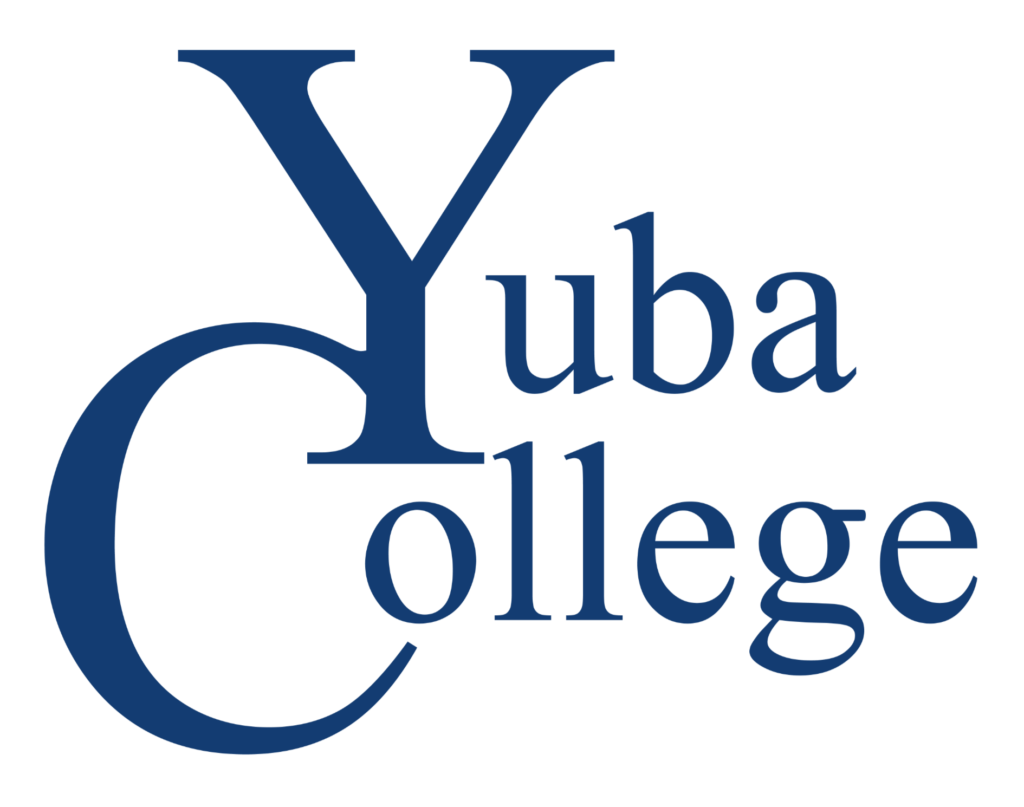According to the Academic Senate for California Community Colleges (ASCCC), CORs are “used as the basis for articulation agreements, providing a document with which to determine how community college courses will be counted upon transfer to baccalaureate granting institutions.” In addition, CORs are evaluated as part of Program Review, a process central to accreditation. Regularly reviewing and revising CORs is, therefore, vital to the success of Yuba College students.
CORs are also integral to maintaining consistency within disciplines of expertise. As such, they are important tools for faculty. The course outline defines and describes the essential elements of a course. It should provide not only an accurate academic record for the archives, but also an expression of course expectations to guide instructors throughout the college who may be teaching the course. As ASCCC notes “course outlines provide a type of quality control since it is not uncommon for community college courses to be taught by several […] faculty members.” The COR should be the first document new faculty consult when building their syllabi and regularly consulted by all faculty throughout their tenure at Yuba College. By reading a well-written course outline, faculty should be informed of the teaching criteria for which they are accountable, and counselors should be able to make informed recommendations regarding the acceptability of the course.
Nevertheless, a COR is not a syllabus. It is “a contract between the college and the student containing the requirements and components of the course.” A syllabus “describes how the individual instructor will carry out the terms of that contract through specific elements.” It is up to individual instructors to develop their own syllabi.
The primary concern for faculty developing and revising CORs should be integration. The well-integrated course “reinforces the purpose of the other elements in the course outline. There should be an obvious relationship between the objectives of the course, the methods of instruction, assignments, and methods of evaluation used to promote and evaluate student mastery of those objectives.”
Thus, a well-integrated course will demonstrate a clear and appropriate relationship between what the student should be able to do upon completion of the course, the content illustrated by the topical outline, and the evaluation methods through which students will be assessed. The Yuba College Curriculum Committee will look for the integration of these elements as part of its regular review process. Courses that do not demonstrate integration may be delayed or sent back for revision.
Specific guidelines on how to complete a COR can be found here.
